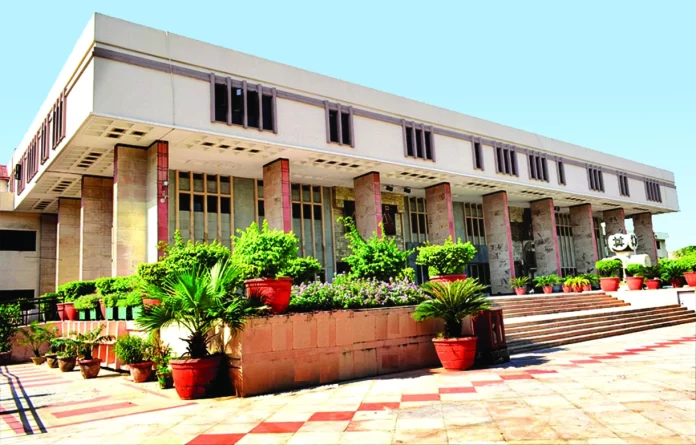The Delhi High Court ruled that difficulty in collating information is not a ground to deny details sought under the Right to Information Act (RTI Act).
A single judge bench of Justice Subrmaonium Prasad said that a public authority cannot take a stand that since the information sought for is not available at one place and it will take a long time to collate the same, hence, the information cannot be furnished under the RTI Act.
The court remarked that difficulty in collating the information is not a ground under the RTI Act, not to give the information. It underlined that the fact that the information might not be available at one place cannot be reason to deny such information. It maintained that efforts have to be made by the Department to collate the information and then give it to the Respondent.
The judge mentioned that the object of the RTI Act is to ensure transparency in the functioning of the departments and this cannot be thwarted by the state government on the ground that voluminous information was being sought and, hence, the information cannot be provided.
The Court made the observation while dealing with a plea lodged by the Delhi government against an order of the Central Information Commission (CIC) ordering the government to furnish the information to the RTI applicant Prabhjot Singh Dhillon regarding the action taken by the education department against teachers for taking private tuitions.
The government approached the High Court and asserted that it has no control over unaided schools and, therefore, it cannot provide the information regarding action taken by the unaided schools against their teachers for taking private tuitions.
They further said that there is no direction from the vigilance department of the Education Department to maintain a list of cases of misconduct and that private unaided schools are not public authorities amenable to the RTI Act.
Considering the case, the bench dismissed the government’s contention. The bench underscored that the disciplinary proceedings taken by government and aided schools against teachers who take private tuitions can be made available to the RTI applicant as the information would be available with the department though not at one place and has to be collated.
The court held that as the information regarding teachers of private unaided schools is concerned, Rules 118, 120(1)(d)(iv) and 121(2) of the Delhi School Education Rules, 1973 stipulates that if a school intends to take a major penalty against a teacher then the approval of the Director of Education is necessary and without such an approval any action of major penalty cannot be imposed on the teacher. Hence, information related to teachers of private unaided schools can be collated from the records of major punishment imposed by such schools, the court added.
Consecutively, the court dismissed the plea filed by the Delhi government and directed it to provide the information sought.


